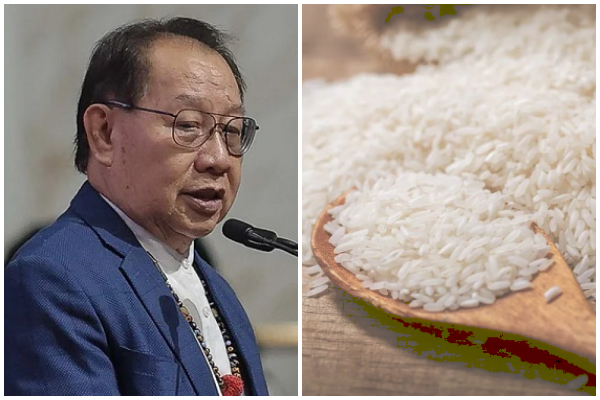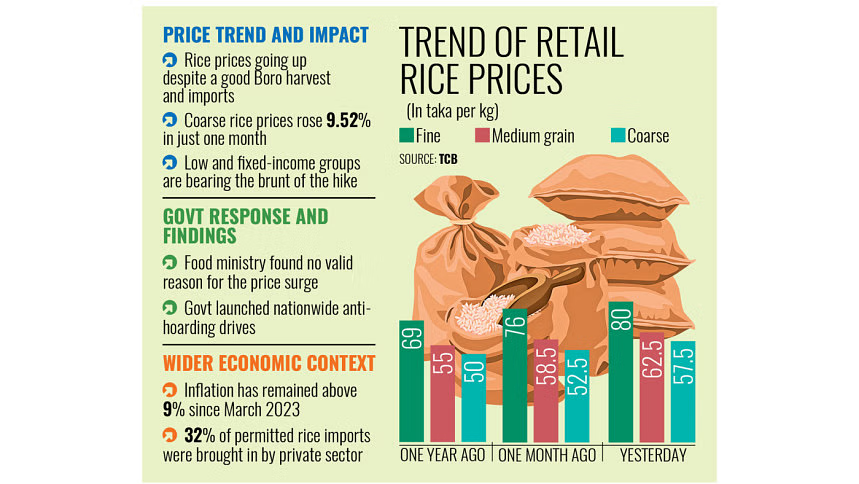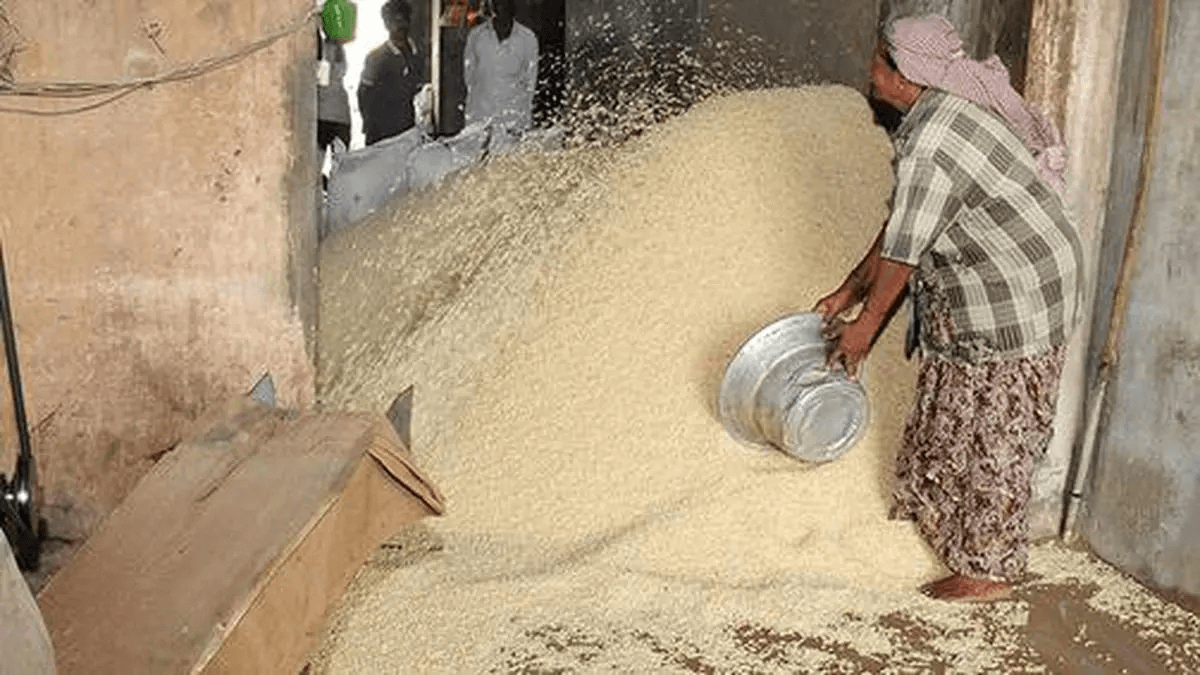Tags
Short, long-term strategies to increase rice production: Jeffrey

Jeffrey said this could increase the rice yield and increase Sabah’s rice production to a minimum of five metric tonnes per hectare from the existing 3.44 metric tonnes per hectare.
KOTA KINABALU: The State Agriculture, Fisheries and Food Industry Ministry has formulated short and long-term strategies to increase the State’s rice self-sufficiency level (SSL) from 22.08 per cent to 30 per cent, said its Minister Datuk Seri Dr Jeffrey Kitingan. He said Sabah would be able to increase its rice cultivation area from 24,000 hectares to 30,000 hectares with the strategies formulated under his Ministry’s Padi and Rice Crop Development Plan (2021-2025) which aims to empower the State’s rice crop industry. The short-term strategies include increasing padi planting in 24,000 hectares of rice cultivation land, including K1 (good, regular and adequate irrigation and drainage system), K2 (satisfactory basic irrigation and drainage system) and K3 (water sources depend on rainfall).“For K1 (11,000 hectares), planting will be increased from once to twice a year. For K2 (7,000 hectares), planting will be increased from once a year to thrice in two years. For K3 (6,000 hectares), planting will be done at least once a year,” he said during question time at the State Legislative Assembly sitting, here, Monday, in reply to Dr Daud Yusof (GRS-Bongawan) who asked what the State Government’s plans were to increase Sabah’s food production. Jeffrey said rice ploughing machines would also be increased from 211 units to 482 units, while harvesting machines would be increased to 460 units from the existing 143 units, which is necessary to maintain the active cultivation of rice crops encompassing 24,000 hectares.Other short-term efforts include providing the Federal Government’s padi fertiliser assistance scheme via the Farmers’ Organisation Board (LPP) worth RM1,307.20 per hectare to a maximum of RM5,061 per hectare. Jeffrey said this could increase the rice yield and increase Sabah’s rice production to a minimum of five metric tonnes per hectare from the existing 3.44 metric tonnes per hectare. Other short-term strategies include increasing the use of the High Yielding Variety (HYV) TR8 rice variety and upgrade existing irrigation infrastructures, among others, he added.He said there were also plans to increase cooperation with the private sector, government-linked companies (GLCs) or investors to develop new and existing areas for rice crops such as the 100 hectare of Sawit Kinabalu in Kg Teritipan, Kota Marudu.On long-term strategies, Jeffrey said the Sabah Agriculture Department would build new irrigation infrastructure and empower 202.3 hectares of satellite farms to produce quality padi seeds to meet the need for legal padi seeds. He said other efforts include restoring abandoned rice fields encompassing an area of 7,392.43 hectares and reintroducing crop fertiliser assistance that was stopped in 2021 for dry rice cultivation. There are also plans to establish a 3,500 hectare Sabah Integrated Rice Cluster (KPBS) that integrates several rice crop development programmes with a minimum production target of six metric tonnes per hectare. “This rice planting area is carried out outside the granary covering six main rice growing districts namely Kota Marudu, Tuaran, Papar, Tambunan, Keningau and Tenom,” he said.He added that a Sabah Rice Cultivation Research and Development centre will also be established to carry out research programmes, in addition to establishing the Sabah Padi Board.
https://www.dailyexpress.com.my/news/224376/short-long-term-strategies-to-increase-rice-production-jeffrey/Published Date: November 28, 2023






